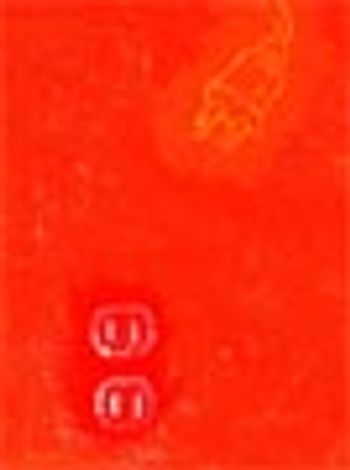
Pharmaceutical Executive-02-01-2004


Pharmaceutical Executive
With overworked execs and underfunded campaigns, it is hard to believe that the ad industry has the resources to improve its creativity while churning out campaigns better, faster, and cheaper. But this year?s Rx Club Awards winners show that a more sophisticated and risqué style is emerging?direct in message, clear on benefit, and confident in execution.

Pharmaceutical Executive
When Gary Cupit, vice-president of global business development and licensing at Novartis, recently told an audience at Columbia University that "we always cling to products a year longer than we should," he was referring to one of pharma's more pressing and expensive, if lesser-known, problems: failure to promptly pull the plug on unsuccessful pipeline projects. A drug in clinical trials burns about $30,000 a day. For compounds that never make it to approval, that adds up to a frittering of $11 million each.